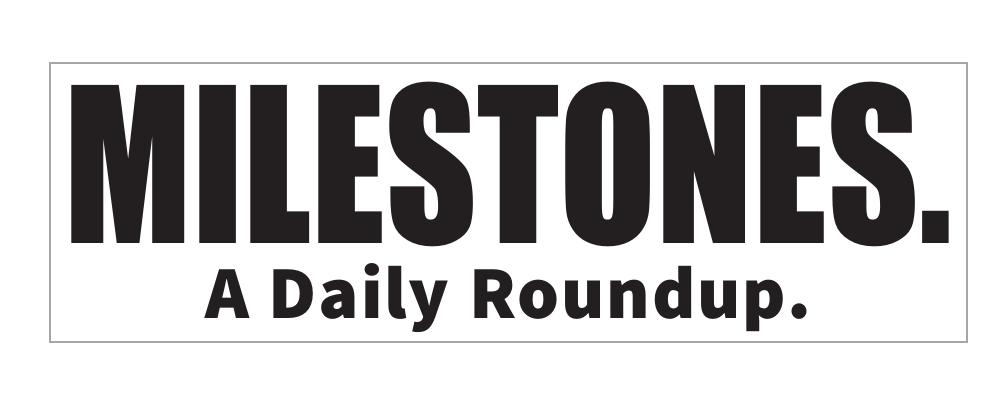Milestones: March 5, 2024

INTERNATIONAL SNOWBALL FIGHT — THE BOSTON MASSACRE BROKE OUT on March 5, 1770, when American colonists mobbed the Customs House in Boston, taunting and bullying the British soldiers who were on guard. The colonists were protesting what they saw as British occupation of their city to enforce taxation without representation. When the British guards positioned their bayonets, the Patriots taunted and started throwing snowballs at them. During the melee, which broke out in the midst of reduced visibility from a snowstorm, five colonists were dead or dying — Crispus Attucks, Patrick Carr, Samuel Gray, Samuel Maverick and James Caldwell — and three more were injured. Historians consider the five colonists’ deaths to the first fatalities of the American Revolutionary War. The British soldiers were put on trial, which lasted nine months when two British soldiers were found guilty of manslaughter and had their thumbs branded with an “M” for murder as punishment.
March 5, 1770, is also referred to as Crispus Attucks Day, marking the death anniversary. Attucks was a sailor who may have been a former slave.
✰✰✰

Brooklyn Boro
View MoreNew York City’s most populous borough, Brooklyn, is home to nearly 2.6 million residents. If Brooklyn were an independent city it would be the fourth largest city in the United States. While Brooklyn has become the epitome of ‘cool and hip’ in recent years, for those that were born here, raised families here and improved communities over the years, Brooklyn has never been ‘uncool’.